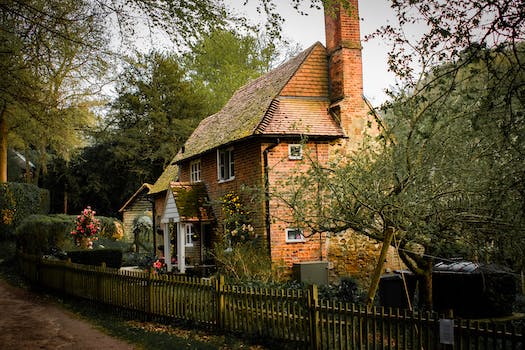Although renting a property means you are paying off somebody else’s mortgage rather than your own, there are times when renting is a better option. If you are considering renting a property, it is advisable to rent via a reputable lettings or estate agency. You will need to meet certain income criteria to qualify to rent a property and pay a rental deposit upfront.
Income Criteria for renting
To qualify to rent a property you must be earning 30 times the monthly rent. To illustrate the income criteria for renting, if the monthly rental is £1,000 you need to have a guaranteed annual income of £30,000 (30 x £1,000). You will also need to pay a deposit upfront, equivalent to 5 weeks’ rent. To calculate the deposit, multiply the monthly rent by 12, divide by 52 and then multiply by 5. In this example, the deposit is 1,000 multiplied by 12, divided by 52, and multiplied by 5 = £1,154.
Rental Tenancy
The person/s renting a property is the tenant and the property owner is the landlord. The agreement between the tenant and landlord is the rental tenancy agreement. The most common form is an assured shorthold tenancy agreement. The minimum fixed term period of a tenancy is 6 months but can be for periods of 1, 2 or 3 years. For the duration of the fixed term of the tenancy, the tenant is responsible for the rental payments. The agreement can only be terminated during this period if there is a break clause, or the landlord agrees to this.
After the fixed term period has passed, the tenancy continues as a monthly periodic tenancy unless terminated by either party. During this period, the tenant is required to give one month’s notice and the landlord two months’ notice.
Other Renting Costs
You will also need to budget for rates, utilities (gas, water, electricity), broadband, TV licence and contents insurance. The landlord is responsible for the building insurance.
Rent Deposit
When renting a property, you need to provide a deposit upfront. Your deposit is held by an independent company. The deposit is released at the end of the tenancy after the rental agency/landlord has inspected the property and is happy with the condition of the property. If the property is not left in an acceptable condition or damage has occurred, the landlord may withhold part of the deposit for repairs etc. You may be required to have the property professionally cleaned when you vacate.

For more information about renting, Shelter has some great resources:
Shelter Legal England – Letting agency services, charges and regulation – Shelter England
